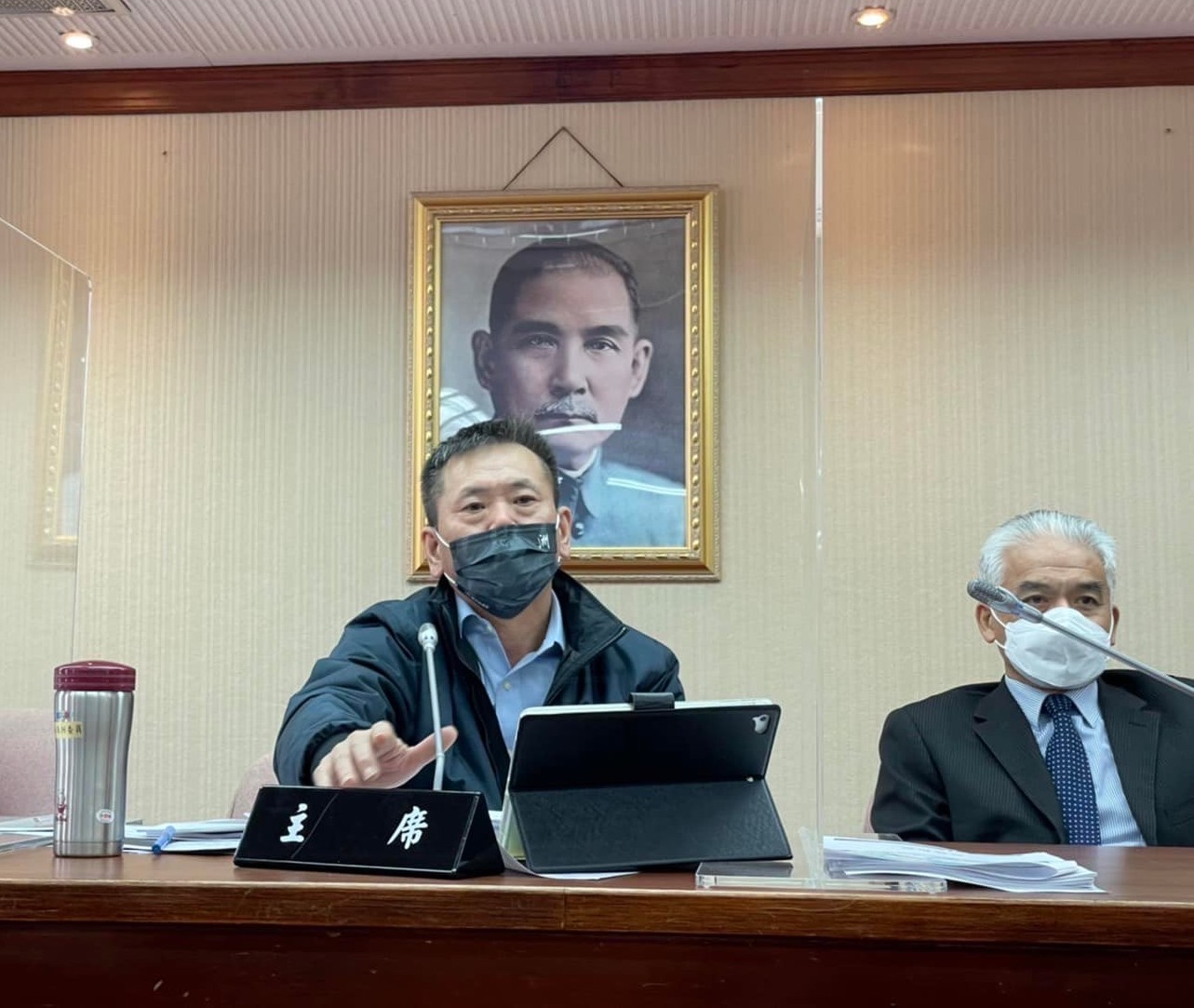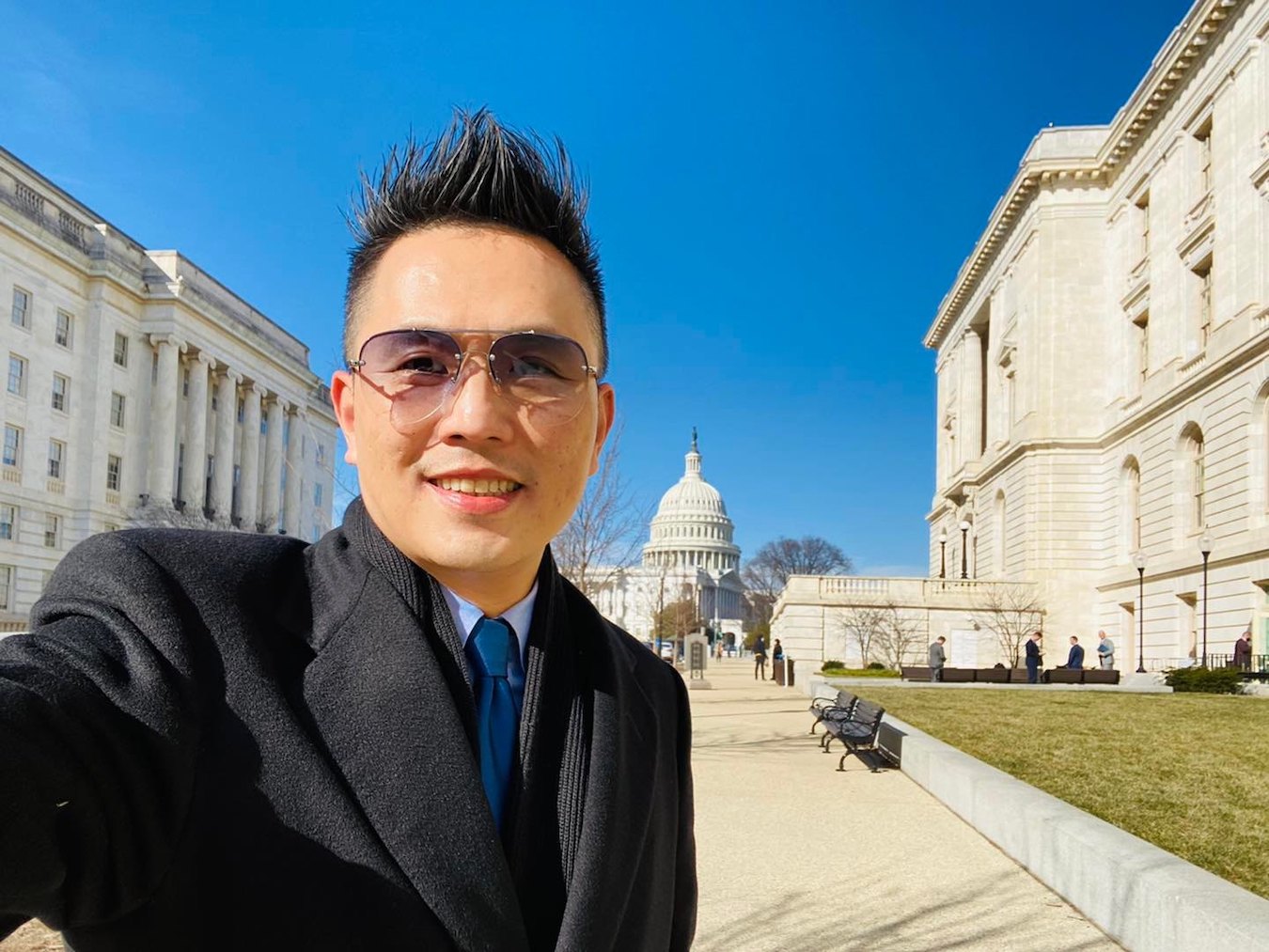by Brian Hioe
語言:
English
Photo Credit: Lin Wei-chou/Facebook
IN AN UNUSUAL incident, Chinese state-run media has lashed out at KMT legislators Lin Wei-chou and Charles Chen as secretly being advocates of Taiwanese independence. In particular, it was claimed that Lin and Chen were part of a “covert” faction of Taiwanese independence advocates, distinguished from individuals openly supportive of Taiwanese independence.
It would be hard to conclude, based on their political careers, that Lin or Chen are supportive of Taiwanese independence in any way. Chen, after all, has lashed out at the DPP for “fawning” over Japan in the past. In recent memory, Lin played a large role in a referendum vote against the DPP over its lifting of a ban on US pork imports treated with ractopamine.
But though the claim from Chinese state-run media is laughable, such claims are nonetheless illustrative of how even members of the pan-Blue camp may be perceived as pro-independence by the Chinese government.
 Lin Wei-chou (center). Photo credit: Lin Wei-chou/Facebook
Lin Wei-chou (center). Photo credit: Lin Wei-chou/Facebook
This would not be the first case that this has happened to members of the pan-Blue camp. Actress Ouyang Nana and her father Ouyang Long, also an actor, have come under fire for perceived pro-independence views over acting roles in the past. However, such claims seem absurd, given that Ouyang Long is a former KMT city councilor and party spokesperson.
Indeed, China has also seen fit to detain Taiwanese pro-unification advocates on charges more usually reserved for pro-independence advocates. Academics Tsai Jin-shu and Shih Cheng-pin, both members of the KMT and open pro-unification advocates, are among those currently detained in China on charges related to subversion of the state.
More broadly, the Chinese government or Chinese netizens sometimes perceive stances that would rarely ever be perceived as pro-independence in a Taiwanese context as in support of independence. One notable example was when Taiwanese TWICE member Chou Tzuyu was accused of supporting Taiwanese independence due to waving the ROC flag in a promotional video, something that would not be read as supporting independence in Taiwan.
This seems to be the case with Lin and Chen. Lin is thought to have come under scrutiny for calling for the KMT’s localization by proposing dropping the word “Chinese” from the name of the party in Chinese. On the other hand, Chen has been targeted despite having served as part of the presidential administration of Ma Ying-jeou and consistently backing the 1992 Consensus in his role as such.
Backlash against pro-localization elements from within the KMT is not new. During Ma Ying-jeou’s presidential tenure, Ma sought to drive then-KMT majority speaker Wang Jinpyng out of the party due to Wang being the leader of the “Taiwanese” faction of the KMT. The KMT establishment has long feared the rise of another Lee Teng-hui, as a party leader that rises to the top of the party despite pro-localization views, which is part of why Wang was attacked by Ma. Nevertheless, it is more unusual for China to directly go after comparatively pro-localization elements of the KMT
 Charles Chen while visiting Washington DC. Photo credit: Charles Chen/Facebook
Charles Chen while visiting Washington DC. Photo credit: Charles Chen/Facebook
Otherwise, it is possible that Lin and Chen have been targeted because of recent efforts by the KMT to turn around its pro-China image through improving ties with the US. These efforts include the KMT setting up an office in Washington DC after a thirteen-year absence, the KMT’s DC office having been shut down in 2008 during the Ma administration’s tenure. As part of such efforts, KMT chair Eric Chu announced plans to visit the US, as well as suggested interest in visiting Japan. But in an era of stark tensions between the US and China, China may not tolerate efforts by the KMT to strengthen ties with the US, even only for the purpose of improving its public image.
Attacking Lin and Chen may be intended to send a message to Chu, then, by making an example of them. Ironically, China may be undercutting the KMT’s electoral viability, in that the party’s inability to turn around or at least tone down its pro-China image is preventing it from winning elections.
But China may prefer to see ideological diehards in charge of the KMT, rather than politicians that even at least make token gestures at reforming the party to make it competitive in elections. Indeed, a recent trip to Beijing by former KMT chair Hung Hsiu-chu, a deep Blue diehard, shows the kind of politicians that the CCP may prefer heading the KMT. This being the case, it is not inconceivable that China backs the deep Blue insurgency against Chu’s leadership in the KMT down the line.

